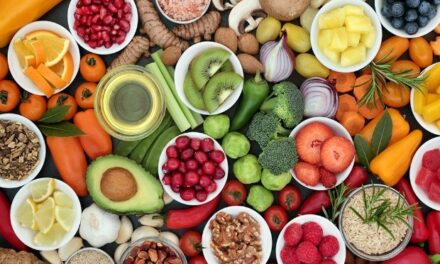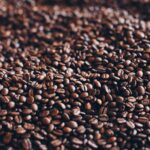It’s National Peanut Butter Day.
National Peanut Butter Day is dedicated to celebrating one of the most beloved and versatile spreads in American cuisine: peanut butter.
Peanut butter is made by grinding roasted peanuts into a smooth paste. The process of making peanut butter has not changed much since it was first invented, and it is still a popular spread for sandwiches, crackers, and even as an ingredient in desserts and other recipes. Peanut butter is also a popular choice for those who are looking for a healthy and nutritious alternative to other spreads.
Two tablespoons (36g) of smooth peanut butter provide roughly 19% of the Reference Nutrient Intake (RNI) of protein. Like soy protein, the high protein quality of peanuts makes them a good replacement for meat and egg in supporting human growth and health.

Peanut butter contains abundant monounsaturated fatty acids (MUFAs) and polyunsaturated fatty acids (PUFAs) which play a particularly important role in heart health. It also provides positive health benefits from its abundance of fibre, minerals, vitamins, and bioactive compounds.
That said, not all peanut butter available on the market are the same. Therefore, it is important to always check the food labels. Many brands now offer organic, no added sugar options, making it a suitable option for those with dietary restrictions. However, some brands add high-fructose corn syrup (HFCS), which is a sweetener commonly used by the food industry, to their peanut butter. This type of syrup is mainly present in highly processed foods, and it has been linked to the development of diabetes and the promotion of obesity.
Choosing peanut butter without HFCS is, therefore, the smart choice! Always check the list of ingredients and make sure that it only includes peanuts (ideal scenario), but it could in some cases also have salt and/or vegetable oil added. Therefore, consuming a moderate amount of peanut butter is recommended.
Did you also know that peanuts are not actually nuts, they are legumes, like beans and peas!
It is a vegan-friendly, gluten-free product, which makes it a great alternative for people following certain diets or that have specific dietary needs. Peanuts are a common allergen and although it’s not the case for everyone, clinical observations frequently report an association of peanut allergy with allergies to legumes, tree nuts, seeds, fruits and pollen. If unsure, avoid trying any of the products listed above, including other types of nut butters, before undertaking a food allergy test to confirm if you are also allergic to them or not.
So, let’s take a moment to appreciate the delicious and nutritious spread that is peanut butter and all the joy it brings to our lives.











